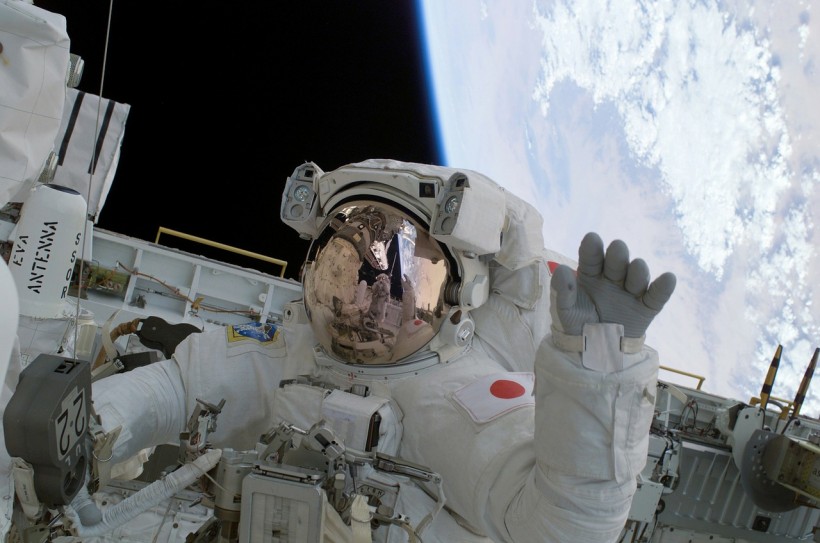Space travel alters the astronaut's body in many different ways, from developing space anemia to muscle dystrophy and bonded density loss. A new study shows that microgravity also impacts the brains of astronauts.
Researchers analyzed the magnetic resonance imaging (MRI) scans of first-time and veteran astronauts to see whether there were notable changes in their brains. They found that time spent in low-Earth orbit had a profound effect on the brain of first-time astronauts, while veteran astronauts appear to have reached homeostasis.

Microgravity in Space Has Profound Effect on the Brains of First-Time Astronauts, MRI Scans Show
Distinct Brain Changes Visible Months After the Mission
American researchers have compared a series of MRI scans of 15 astronauts taken before their six-month mission to the International Space Station (ISS) and six months after returning to Earth.
According to Science Alert, the team found that time spent in space had a profound effect on the plumbing systems of astronauts' brains. They used algorithms to carefully assess the perivascular spaces that facilitate the balance of fluids in the brain. They found significant changes in the brains of first-time astronauts and only a few differences in veteran astronauts.
Oregon Health & Science University neurologist Juan Piantino explains that experienced astronauts may have reached homeostasis, hence the minor differences found in the brain scans.
Previous research has also shown that fluid in some brain tissues is slow to recover from a stint in space in which some could even last for a year or more. Although astronauts rarely make more than a few trips into space in their lifetime, commercialization of space travel has ramped it up, which could cause compound harm.
Piantino noted that astronauts have adapted to life in microgravity after months of spending in space. But even in the context of expanded perivascular tissue, it is not fully understood whether these changes do not come with any health risks.
This neurological drainage system is mostly beneficial during sleep as fluids on the gray matter remove waste products that accumulate during the active hours. Without this functioning effectively, it could disrupt the process and disruptive materials may accumulate, contributing to increased risks of neurodegenerative disorders like dementia.
They discussed their findings in full in their study, titled "Longitudinal MRI-visible perivascular space (PVS) changes with long-duration spaceflight," published in Scientific Reports.
ALSO READ: Hibernating Squirrels Can Teach Astronauts Metabolic Treat to Prevent Muscle Loss
Time in Space Rewiring the Brain
A few months ago, before this recent research, some scientists also studied the impacts of space travel on the brains of astronauts that spent months in space.
According to Cosmos Magazine, the researchers used fiber tractography, a brain-imaging technique that gives the wiring scheme of the brain. Researchers found that the brain changes the neural connections between several motor areas where commands for movements are initiated.
In other words, the brain has been rewired to adapt movement strategies needed in microgravity while in space. The changes are primarily observed in white matter tracts responsible for the communication of gray matter.
Follow-up scans reveal that these rewired connections are still visible months after the astronaut has landed on Earth. However, like the recent study, scientists are also unsure what these changes could mean for actual brain function.
RELATED ARTICLE: When the Astronauts Get Sick in Space, What Does NASA Do?
Check out more news and information on Space Travel in Science Times.



![Earth's Quasi-Moon Kamo‘oalewa Could Originate From Lunar Surface Not Asteroid Belt [Study]](https://1721181113.rsc.cdn77.org/data/thumbs/full/53275/89/56/50/40/earths-quasi-moon-kamo-oalewa-could-originate-from-lunar-surface-not-asteroid-belt-study.png)










